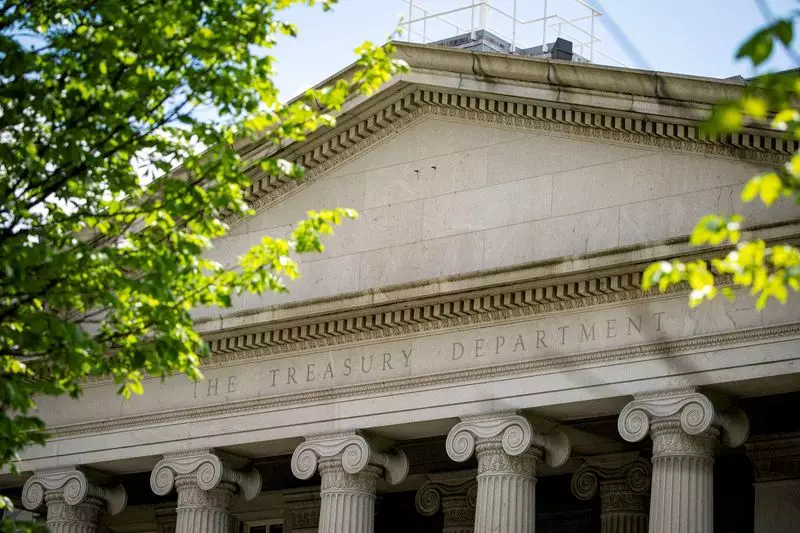The upcoming U.S. presidential election has sparked fluctuations in bond yields as investors brace themselves for potential outcomes. President Joe Biden’s performance in the initial debate against rival Donald Trump caused yields to rise significantly, signaling a shift in market sentiment. The prospect of another term for Trump has led some investors to anticipate higher inflation due to his trade and economic policies, such as imposing tariffs and increasing government spending. On the other hand, Trump’s team believes that his pro-growth strategies would bring down interest rates and reduce deficits.
Despite differing views on the impact of each candidate’s policies, there is a growing concern about the long-term implications of increasing fiscal deficits and government debt. The market is beginning to focus on the fiscal and debt dynamics of the country, which could restrain any potential bond rally. The Federal Reserve’s eventual decision to cut rates after a period of inflation control could further complicate the situation, especially with regard to longer-dated Treasuries.
Market Sentiment and Investment Strategy
Investors had initially anticipated a normalization of interest rates earlier this year, but the Fed’s stance on rate cuts has altered this outlook. This change has tested the patience of investors who have had to reassess their strategies in light of evolving market conditions. While shorter-dated Treasuries may still benefit from rate cuts, longer-dated securities are subject to greater uncertainty due to varying economic factors and the political landscape.
Despite the uncertainty surrounding the election and its potential impact on bond yields, investors remain optimistic about the attractiveness of bonds amidst higher rates. The negative total returns observed since the beginning of the year have not deterred investors from seeing the potential for appreciation in fixed income investments. Even in the face of political uncertainty, the bond market continues to offer opportunities for investors seeking to navigate through changing economic conditions.
The upcoming U.S. presidential election has introduced a level of volatility and uncertainty into the bond market, prompting investors to reassess their strategies and expectations. While the outcome remains unclear, the impact of political decisions on bond yields underscores the interconnectedness of economic policy and financial markets. As investors navigate through this period of transition, the key lies in maintaining a diversified investment portfolio and staying informed about evolving market trends.

